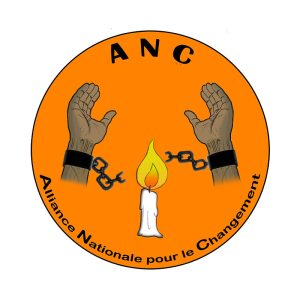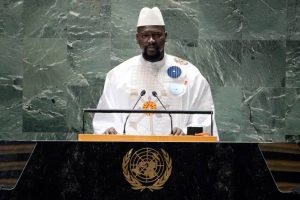General News
ECOWAS Ensures Regional Cooperation Amid Withdrawal of Three Member States
Togo: ANC Expels 7 Members for Supporting the 5th Republic
 The Alliance Nationale pour le Changement (ANC) in Togo, led by Jean-Pierre Fabre, expelled seven senior members for violating the party’s stance against the 5th Republic. These members were accused of participating in elections and activities aligned with the new constitution, which the ANC opposes. The expelled members are barred from representing or associating with the ANC and must return party assets. The ANC maintains its boycott of elections and rejection of the 5th Republic, viewing it as an affront to the people’s sovereignty.
The Alliance Nationale pour le Changement (ANC) in Togo, led by Jean-Pierre Fabre, expelled seven senior members for violating the party’s stance against the 5th Republic. These members were accused of participating in elections and activities aligned with the new constitution, which the ANC opposes. The expelled members are barred from representing or associating with the ANC and must return party assets. The ANC maintains its boycott of elections and rejection of the 5th Republic, viewing it as an affront to the people’s sovereignty.
Guinea: Political Parties Face Dissolution Deadline Amid Calls for Compliance
 Guinea’s transitional government has set a deadline of January 29, 2025, for political parties to comply with regulations or face dissolution. A report published in October 2024 revealed that none of the 211 evaluated political parties met compliance standards, leading to the dissolution of 53 parties and placing around 100 others under observation. The government claims this initiative aims to “clean up the political landscape,” highlighting issues like lack of financial transparency and poor internal organization.
Guinea’s transitional government has set a deadline of January 29, 2025, for political parties to comply with regulations or face dissolution. A report published in October 2024 revealed that none of the 211 evaluated political parties met compliance standards, leading to the dissolution of 53 parties and placing around 100 others under observation. The government claims this initiative aims to “clean up the political landscape,” highlighting issues like lack of financial transparency and poor internal organization.
While some parties, such as the PEDN, have taken steps to meet the requirements, opposition groups suspect the government is using these regulations to target political opponents. Major opposition parties, including the UFDG and UFR, whose leaders are in exile, have yet to organize the required congresses.

